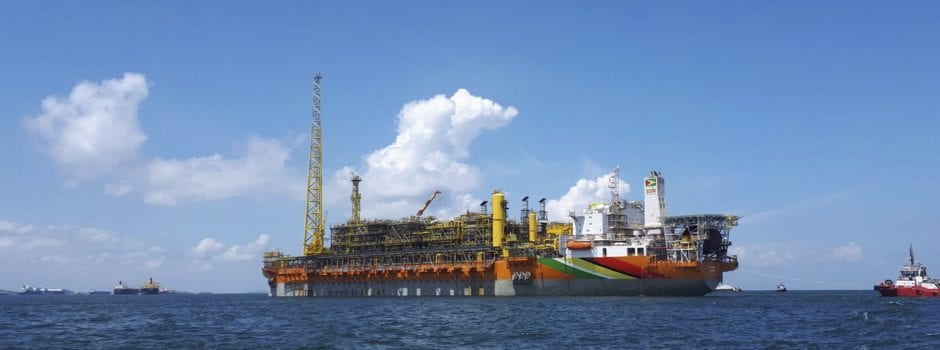As the world faces unprecedented destruction in oil demand brought about by the coronavirus pandemic, China has in recent weeks emerged to be the only respite for crude sellers seeking to offload their cargoes, market sources told S&P Global Platts this week.
Chinese refineries have been ramping up run rates as travel restrictions are eased and lockdowns lifted within the country, allowing manufacturing and production to gradually resume since late March, the sources said.
In April, China’s planned crude run for the month was expected to recover to about 12.5 million b/d, taking nearly two months to reach about 90% of the level achieve in January after falling by about 3.3 million b/d in February, S&P Global Platts’ survey showed.
The throughput recovery is expected to lower the current crude inventory and free up more tanks to store cheaper crudes, while waiting for China’s product demand to emerge from the bottom.
As a result, crude imports are expected to rise above 10 million b/d in the coming months from the eight-month low of 9.7 million b/d in March, a Beijing-based analyst said.
With major refineries in most parts of Asia, including India, Indonesia, Thailand and Malaysia reducing run rates as demand for products slowed to a crawl, most crude sellers are looking to ship their cargoes to China, industry sources said.
S&P Global Platts Analytics said in a report that it expected Asia’s refinery runs to drop by 4 million b/d in the second-quarter.
“Only China is buying right now, ” a Singapore-based crude trading source said.
For regional crude grades in Asia, market sources said that spot buying had thinned since the beginning of the year as end-user demand has all but disappeared. However, trading houses continue to buy limited volumes from the spot market on hopes of selling these cargoes later, if and when demand and prices improve, market sources said.
Traders who continue to purchase these regional crude cargoes also noted that the only outlet for them was to either store the cargoes or ship them to China.
“Cargoes are either going to Chinese national oil companies or the independent refineries,” another crude trader based in Singapore said. “There is not much demand elsewhere,” the trader added.
SPOILT FOR CHOICE
Chinese refineries, both state-owned and independent, are spoiled for choice with the abundance of crude grades seeking homes globally, market sources said.
“Chinese independent refiners are now open to buying anything. Anything that is economically competitive,” a China-based crude trader said.
Grades like the Guyana offshore crude, Liza, North Sea’s Chestnut and Balder crude, and even Siberian Light crude, which usually does not leave the Mediterranean region, are making its way to China.
US crude grades, which were previously absent from independent refineries’ list of crude purchases, have reportedly been flowing into China too, traders said.
China’s independent refinery Luqing Petrochemical has imported 1 million barrels of Liza crude from Guyana for July delivery at a discount of about $7.50/b to ICE Brent futures, on a DES basis, the first cargo of the Latin American crude to enter the China market, market sources said this week.
Luqing also booked other crude grades from the North Sea, including Balder and Chestnut, at discounts of around $7.30-$7.50/b to ICE Brent Futures for June or July delivery, they added.
Independent refiners also took at least two cargoes of US sour crude grade Mars at a discount of $8-$9/b to ICE Brent for July delivery into China, refining sources said.
Meanwhile, crude from the Saudi-Kuwaiti Neutral Zone, which has only started production in recent months, was on its way to South China’s Shuidong Port on the Dar Salwa, where state-owned Sinopec’s Maoming Petrochemical is located, according to cFlow, Platts trade-flow software.
Availability of cheap barrels could ease China’s appetite for its favorite grades, including Russia’s ESPO crude and Brazil’s Lula crude, traders said.
“[China’s] refineries don’t really care [about the type of crude] as long as the price is competitive,” the China-based crude trader said.
Source: S&P Global




